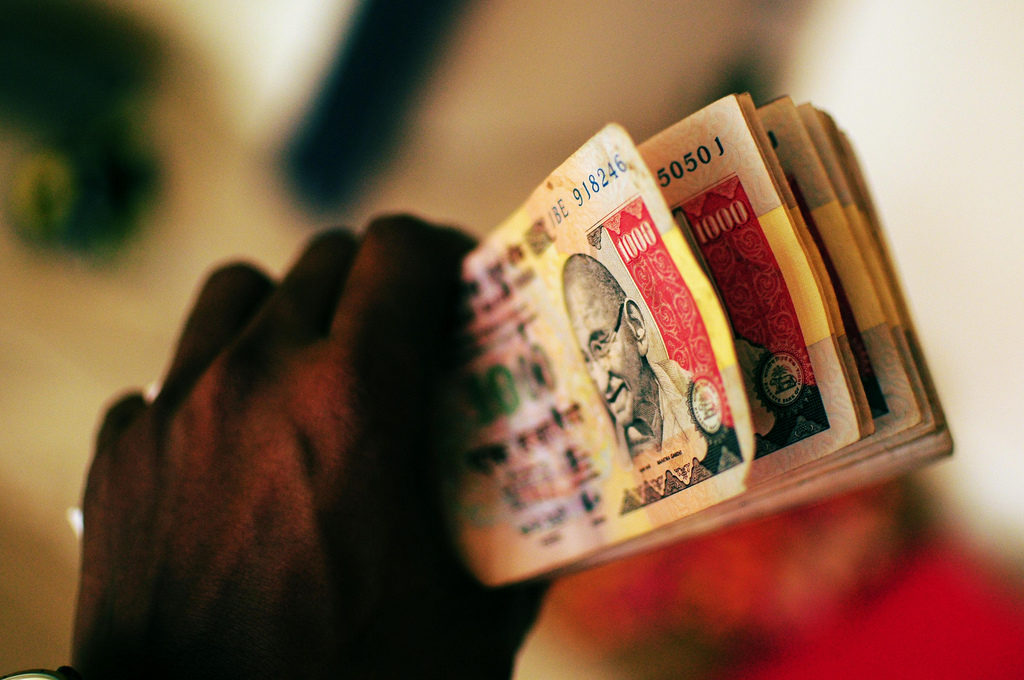Further restrictions on cash transactions in India
Biz@India
The Government of India has made it mandatory for every tax payer to quote Unique Identification Number, and has banned cash transaction above INR 200,000 in order to curb black money and reduce cash transactions.
Keeping its momentum on curbing black money, the Indian government has made it mandatory to quote the Unique Identification or Aadhaar number, while making cash transaction July 1 onward.
As against the earlier proposal presented in the Union Budget, the government has lowered the limit on cash transaction from INR 300,000 to INR 200,000 in the Finance Bill 2017, which was passed on March 22.
Curbing and unearthing black money was one of the major electoral promises of the National Democratic Alliance in 2014. Since it stormed into power, the Modi government has taken a number of steps. This includes enacting a stringent Black Money Act, to curb unaccounted overseas funds; making amendments to the so-called Benami Act, to make it more effective in clamping down on assets held under other people’s names or indirectly; implementing the demonetisation drive, invalidating older high-denomination currency notes.
Revenue secretary, Hasmukh Adhia summed up the objective behind the move comparing it to the demonetisation decision taken by Prime Minister Narendra Modi on November 8, 2016.
Adhia explained that the demonetisation move was aimed at destroying the stock of black money, while the ban will prevent the future flow of black money. This limit will also reduce the quantum of cash transactions in the economy.
Worst for violators is that the penalty is equivalent to the amount transacted.
The limit on cash transactions is in keeping with the recommendations of the Special Investigation Team (SIT) on black money.
Every taxpayer will have to quote Aadhaar, not just while applying for a PAN but also while filing income-tax returns. Further, existing PAN holders will have to disclose their Aadhaar numbers to the government by a date that will be specified later. In case of failure to intimate the Aadhaar number, the PAN allotted to the person shall be deemed invalid.
In addition to this limit, the Income Tax Act prohibits making or accepting payment of an advance of INR 20,000 or more in cash for purchase of immovable property. PAN is also mandatory for any purchase of above INR 100,000.
These proposals are aimed to cap cash transactions at INR 200,000. It will create a paper trail for all high-value transactions and hit purchases of real estate, jewellery and luxury goods.
The Lok Sabha, on Wednesday, passed the Finance Bill. The Bill will now go to the Rajya Sabha, which can neither reject nor amend it, and must return it within 14 days, after which the Lok Sabha may accept or reject all or any of its recommendations.
The Finance Bill is a Money Bill. According to the Indian Constitution, only the MPs in the Lok Sabha (Lower House) can vote during its passage.
Once passed by the Parliament, these amendments will further tighten the noose around tax evaders and aid the government’s drive against black money.










